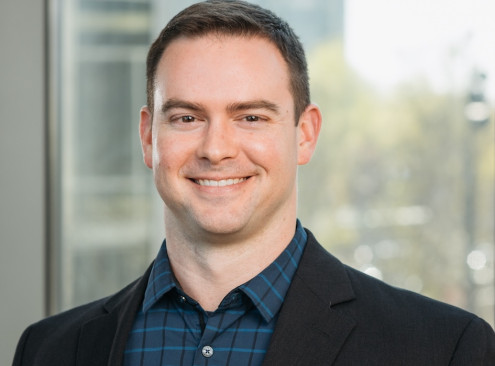© Pint of Science, 2025. All rights reserved.
What happens when the legal system tries something new? Tonight’s talks explore two of Oregon’s recent reforms, from a new specialty court for violent offenses rooted in addiction and mental health, to the impacts of Measure 110 beyond the headlines. Come for the data, stay for the discussion, and leave with hope.
STEPs Toward Reform? A Specialty Court for Violent Crime
Mark Leymon, PhD
(Professor, Portland State University)
In November of 2022, Multnomah County, Oregon, started STEP Court. It operates under a specialized model to provide court-directed supervision and treatment to individuals who have committed robbery or assault with underlying substance use, mental health concerns, or cognitive behavioral issues. It follows the problem-solving court model aimed at reducing recidivism using evidence-based approaches, including judicial monitoring and coordination among community and treatment stakeholders. This talk will outline what the court is, how it got started, and some potential pitfalls.

Beyond Headlines: M110’s Impact & Deflection Today
Christopher Campbell, PhD
(Associate professor, Portland State University)
You’ve heard the headlines: “Oregon decriminalized drugs, and it backfired.” But the reality is more complicated. Measure 110 was never just about decriminalization—it was about building a better system. This talk tackles the “M110 failed” narrative by asking: “Failed by what metric?” Using state and county data, we trace the effects of M110 and explore how deflection programs are reshaping responses to drug use; what’s working, what’s still a struggle, and why there’s real reason for hope.

Map data © OpenStreetMap contributors.